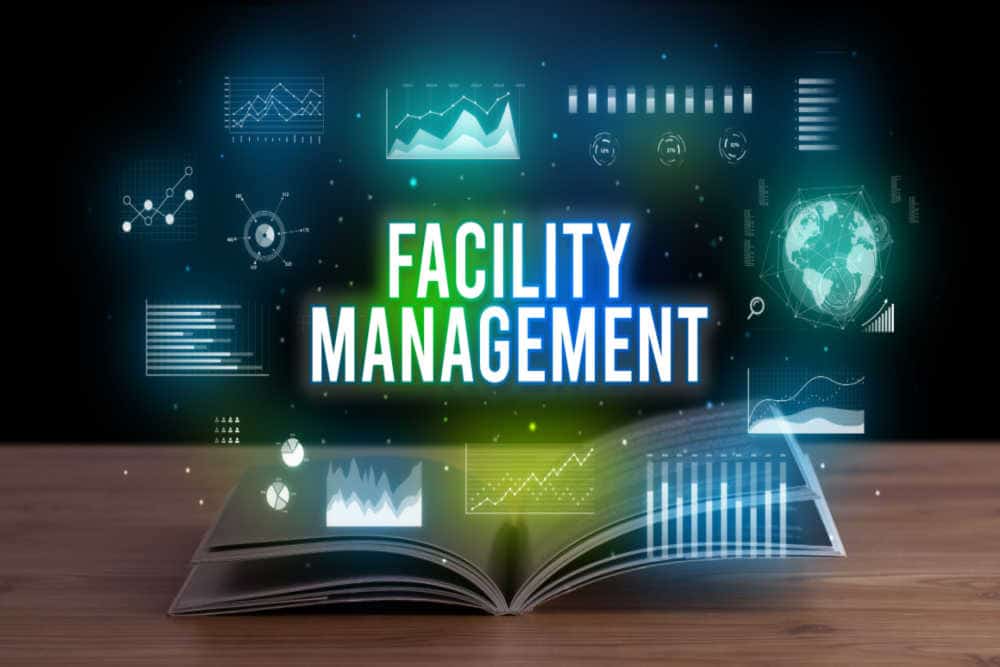Facility Maintenance Software: Game-Changer for Efficient Management
Managing facilities effectively can feel like juggling multiple balls at once—maintenance requests, staff schedules, equipment upkeep, and more. Enter facility maintenance software, a revolutionary tool designed to streamline facility operations and elevate efficiency. In this guide, we’ll explore the benefits, features, and importance of this software, while also delving into the complementary role of facility scheduling software.
What is Facility Maintenance Software?
Facility maintenance software is a digital solution designed to help organizations track, manage, and maintain their physical assets, equipment, and facilities. It centralizes data, automates processes, and ensures maintenance activities are completed on time. This technology is particularly valuable for industries like manufacturing, healthcare, real estate, and education, where maintaining operational continuity is critical.
The Importance of Facility Maintenance Software
Why should your organization invest in facility maintenance software? Here are a few compelling reasons:
1. Enhanced Efficiency
Facility maintenance software simplifies the process of scheduling maintenance tasks, tracking assets, and assigning work orders. With automated reminders and updates, it reduces the time spent on manual processes.
2. Cost Savings
Regular maintenance prevents costly breakdowns. The software helps prioritize preventive maintenance over reactive repairs, minimizing downtime and extending asset lifespan.
3. Improved Compliance
For industries governed by strict regulations, facility maintenance software ensures compliance by keeping detailed records and generating reports for audits.
4. Better Resource Allocation
The software provides insights into resource usage, helping managers allocate staff, tools, and time more effectively.
Key Features of Facility Maintenance Software
When choosing a facility maintenance software, consider the following features:
1. Work Order Management
Automate the creation, assignment, and tracking of work orders, ensuring tasks are completed promptly and efficiently.
2. Preventive Maintenance Scheduling
This feature helps schedule routine maintenance to avoid unexpected equipment failures.
3. Asset Management
Track the lifecycle, condition, and maintenance history of all your assets in one place.
4. Mobile Accessibility
Field technicians can access and update work orders in real time using mobile devices.
5. Reporting and Analytics
Generate actionable insights to make data-driven decisions about maintenance and resource allocation.
How Facility Scheduling Software Complements Maintenance Software
While facility maintenance software focuses on equipment and operational upkeep, facility scheduling software is designed to manage the allocation and scheduling of spaces, such as meeting rooms, conference halls, and event venues.
Integrating these two systems provides a holistic approach to facility management. For instance:
- Scheduling Preventive Maintenance: Facility scheduling software can block off times for maintenance activities, ensuring spaces are available when needed.
- Improved Coordination: Both software types can share data, preventing double-booking of resources and ensuring maintenance tasks don’t conflict with scheduled activities.
Using both solutions can be as transformative for facility managers as hitting a jackpot in adventure capitalist, where efficiency and strategic planning yield maximum returns.
Benefits of Using Facility Scheduling Software
Here’s how facility scheduling software enhances facility management:
1. Optimized Space Utilization
Track usage patterns and identify underutilized spaces to maximize efficiency.
2. Seamless Coordination
Ensure all stakeholders are on the same page with real-time updates on bookings and schedules.
3. Enhanced User Experience
Allow employees or tenants to self-book spaces through an intuitive interface, reducing administrative workload.
4. Analytics and Insights
Gain valuable data on space usage, helping to make informed decisions about future investments or changes.
Choosing the Right Software for Your Needs
Selecting the right facility maintenance software and facility scheduling software can be a daunting task. Here are some tips to guide you:
1. Define Your Needs
List your organization’s specific requirements, such as the number of assets to track or the complexity of your scheduling needs.
2. Check for Integration
Choose software that can integrate seamlessly with existing systems, such as accounting or project management tools.
3. Scalability
Ensure the software can grow with your organization, accommodating more users, assets, or spaces as needed.
4. User-Friendly Interface
Opt for solutions that are easy to use for both management and staff, reducing the learning curve.
5. Vendor Support
Reliable customer support and regular updates are essential for long-term success.
Future Trends in Facility Management Technology
The world of facility management is evolving rapidly, with technology playing a pivotal role. Here are some trends to watch:
1. IoT Integration
Smart sensors and IoT devices can provide real-time data on equipment performance, enabling predictive maintenance.
2. Artificial Intelligence
AI-powered analytics can optimize scheduling and maintenance, predicting potential issues before they occur.
3. Cloud-Based Solutions
Cloud technology allows for remote access and collaboration, making it easier to manage facilities across multiple locations.
4. Sustainability Features
Modern software increasingly focuses on energy efficiency and sustainability, helping organizations meet environmental goals.
Final Thoughts
Investing in facility maintenance software and facility scheduling software is no longer a luxury; it’s a necessity for organizations aiming to stay competitive. These tools streamline operations, reduce costs, and ensure smooth facility management, much like the strategic decision-making in adventure capitalist leads to exponential growth.
By embracing these technologies, you’re not just managing facilities—you’re setting the stage for long-term success. So, take the leap and transform your facility management game today!














Post Comment